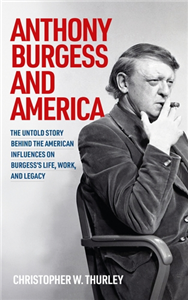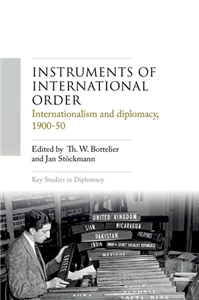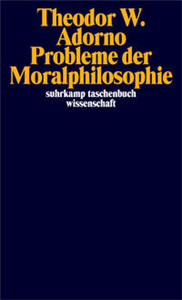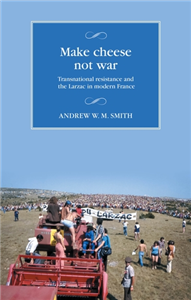Christine Heimannsberg
Gelobtes Land, die dystopische Climate Fiction Trilogie: Mit CO2 verbindet man den Klimawandel, schmelzende Gletscher und Überflutungen. Mittlerweile ist der Klimawandel auch in der Literatur angekommen. „Climate Fiction“ oder „Cli-fi“ lautet das Stichwort, das zuletzt verstärkt in den Feuilletons auftauchte. Die deutsche Autorin Christine Heimannsberg präsentiert mit ihrer Debüt-Trilogie „Gelobtes Land“ eine ungewöhnliche, spannende Dystopie, die ökologische wie humanistische Themen geschickt im neuen Genre zusammenführt.
View Rights Portal



























